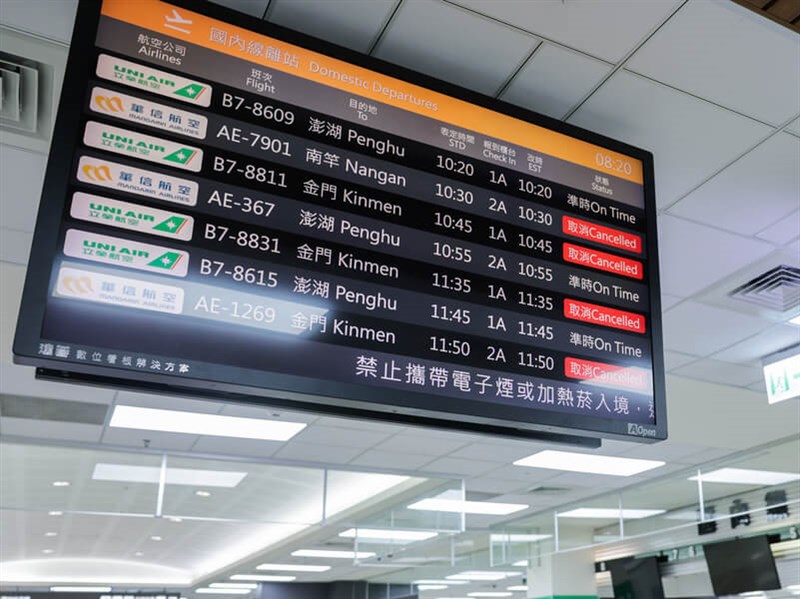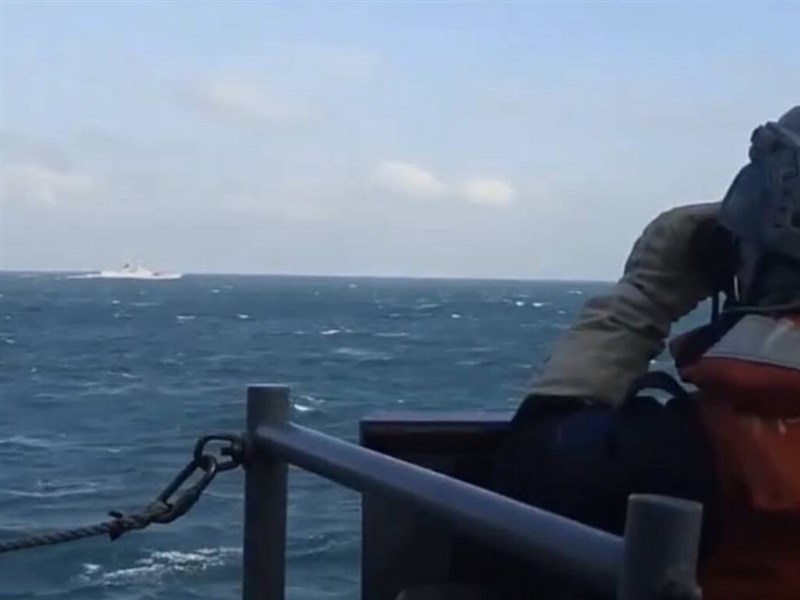ANALYSIS/Lai's National Day speech seeks to clarify cross-strait ties: Scholars
10/10/2024 11:26 PM
President Lai Ching-te's (賴清德) National Day address on Thursday clarified the positioning of cross-strait ties by reiterating the existence of mutual non-subordination between the ROC and PRC and rejecting the PRC's right to represent Taiwan, which some have linked to United Nations' Resolution 2758, scholars said.
(Full text of the story is now in CNA English news archive. To view the full story, you will need to be a subscribed member of the CNA archive. To subscribe, please read here.)
More in ANALYSIS
![China highlights Taiwan's HIMARS as major threat in latest military drills: Experts]() China highlights Taiwan's HIMARS as major threat in latest military drills: ExpertsChina highlighted the High Mobility Artillery Rocket Systems (HIMARS) Taiwan purchased from the United States during a recent large-scale military exercise, citing the precision weapons as a major threat because of their ability to conduct "deep counterstrikes" against PLA rocket units and logistics, military experts said.01/04/2026 09:32 PM
China highlights Taiwan's HIMARS as major threat in latest military drills: ExpertsChina highlighted the High Mobility Artillery Rocket Systems (HIMARS) Taiwan purchased from the United States during a recent large-scale military exercise, citing the precision weapons as a major threat because of their ability to conduct "deep counterstrikes" against PLA rocket units and logistics, military experts said.01/04/2026 09:32 PM![China military drills' disruption of air travel had a purpose: Expert]() China military drills' disruption of air travel had a purpose: ExpertThe disruption of 941 flights in and out of Taiwan due to China's recent large-scale military exercises was no accident but rather the result of a "quasi-blockade" used to simulate creating air and sea routes needed for an amphibious landing, a military expert said.01/02/2026 04:38 PM
China military drills' disruption of air travel had a purpose: ExpertThe disruption of 941 flights in and out of Taiwan due to China's recent large-scale military exercises was no accident but rather the result of a "quasi-blockade" used to simulate creating air and sea routes needed for an amphibious landing, a military expert said.01/02/2026 04:38 PM![PLA exercises send messages to Taiwan, Japan, U.S.: Experts]() PLA exercises send messages to Taiwan, Japan, U.S.: ExpertsThe military exercises launched Monday by China have many purposes, including cognitive warfare against Taiwan, an effort to counter United States-Japan military cooperation, and the showcasing of coordination with Russia, a scholar said Monday.12/29/2025 06:21 PM
PLA exercises send messages to Taiwan, Japan, U.S.: ExpertsThe military exercises launched Monday by China have many purposes, including cognitive warfare against Taiwan, an effort to counter United States-Japan military cooperation, and the showcasing of coordination with Russia, a scholar said Monday.12/29/2025 06:21 PM
Latest
- Politics
10-member European parliament group visits Taiwan
01/05/2026 05:37 PM - Society
35 indicted over laundering NT$30.6 billion from online gambling sites
01/05/2026 05:10 PM - Society
Taiwanese resident relates tense situation in Venezuela after U.S. strikes
01/05/2026 04:51 PM - Business
U.S. dollar closes sharply higher on Taipei forex market
01/05/2026 04:20 PM - Business
Taiex tops 30,000 points for 1st time as TSMC ends at new high
01/05/2026 03:50 PM


